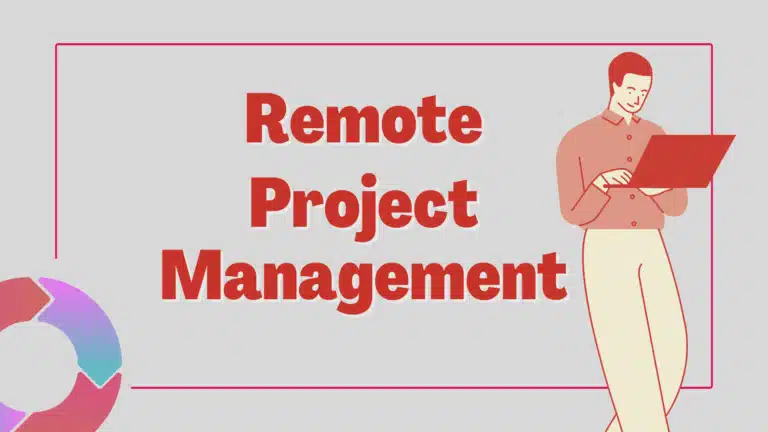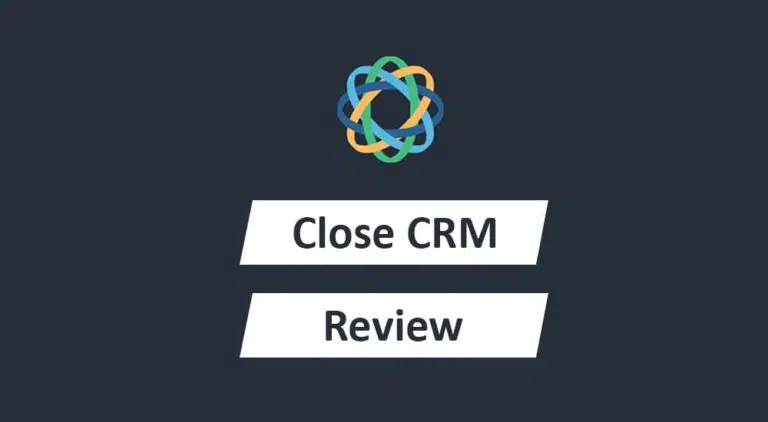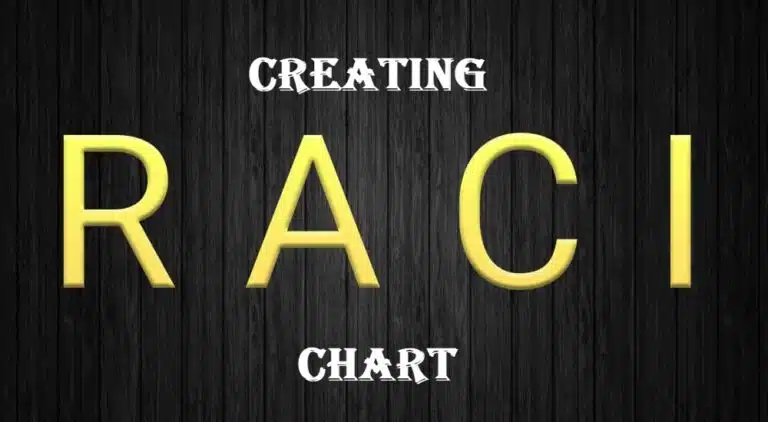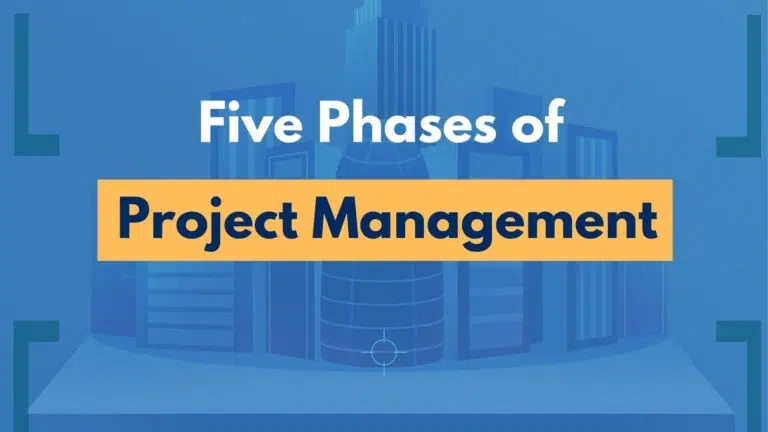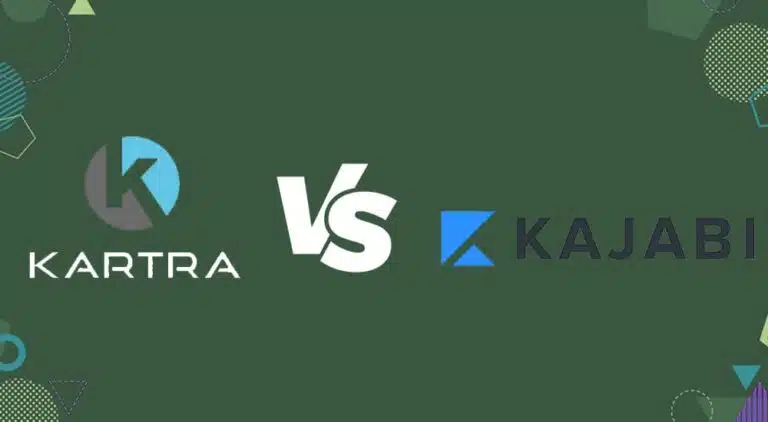The effort of project managers is behind the success of every project. A skilled project manager develops a sound project management plan, optimally uses resources, efficiently assigns tasks and roles, and completes the project with minimal obstruction, keeping all stakeholders engaged and happy.
The project manager has a key role in project management and is responsible for completing the project. They should have the technical skills required to manage the project, possess interpersonal skills to manage stakeholders, and have a strong personality to lead the team.
In today’s post, I will explain the roles and responsibilities of project managers and how they lead the project toward a successful ending.
What Are the Roles and Responsibilities of a Project Manager?
Project managers are in charge of the complete project. Their job description includes every skill required to lead and manage projects and ensure the client realizes the benefits of the project.
What is the Role of a Project Manager?
Project managers play the roles of manager and leader, depending on the situation and requirements throughout the project lifecycle. Their ultimate goals are to achieve the project objective and to always satisfy the stakeholders. The PMI recommends following a servant leadership style, in which the project manager prioritizes their team members’ growth, well-being, and empowerment.
At the beginning of the project, they may play the role of manager to guide the team and develop a working environment, as the team is in the initial stage of formation. Once the team is established and team members start trusting each other, the project manager will become a leader and work with team members to complete the project.
Project managers spend a lot of time communicating. They actively participate in project activities, assign tasks, monitor progress, solve conflicts and issues, and communicate progress to stakeholders.
What Are the Responsibilities of a Project Manager?
A project manager is responsible for all project tasks. Though they do not do all tasks themselves, they assign them to team members and ensure they carry out the tasks on time.
Let’s have a look at a project manager’s responsibilities:
1. Initiating the Project
In this phase, the management will sign the project charter and appoint the manager. The project manager is not involved in creating the project charter, but the management can ask for their expert opinion while drafting it.
The project manager’s first task is to identify project stakeholders. This process is the key to project success.
2. Developing the Project Plans
First, the project manager collects the project and product requirements and then develops the project management plan and other documents. These project plans include project baselines and templates for various project documents.
The key project management plans are scope management plan, stakeholder engagement plan, risk management plan, procurement management plan, resource management plan, quality management plan, etc.
These project plans guide the project team throughout the project life cycle. Project plans are controlled documents, and their changes require management and sometimes approval from the project sponsor or client.
3. Executing the Project Plans
The project manager builds the team after developing and approving the project plans. They will assign roles and responsibilities to each team member and assign tasks based on their skills and capabilities.
They will conduct the kick-off meeting and start executing the plans. This is where most of the project cost and duration will be spent, and the deliverables will be built.
4. Monitoring and Controlling the Project’s Progress
This phase occurs along with the project execution. While building the project deliverable, you will ensure that the deliverable is as per the specifications mentioned in the product specifications and meets all quality standards.
You will ensure the project stays on track, i.e., progress should be within the duration and on budget. If the project deviates from the baseline, you will take the necessary actions to bring the project on track.
If improving the project’s performance is impossible, then you will raise the change request, get it approved, and update the baselines and project documents.
5. Closing the Project
In this phase, the project manager will validate the deliverables and ensure the client accepts them. After delivering the deliverables, they will close any remaining procurement contracts, update the project lessons learned, archive them in organizational process assets, release the project management team, and finally close the project.
6. Realizing the Benefits
The PMI recommends the project manager ensure that the clients benefit from the project output. The project manager has developed the product and can help clients use it effectively and solve any problem they face while using it.
According to the PMI, project managers are responsible for:
- Identifying project goals and scope
- Planning and documenting project tasks
- Ensuring that deliverables are handed over to the client on time
- Managing all project resources
- Effectively communicating with stakeholders
- Eliminating blockers and potential risks
- Documenting the project’s progress using various project-management tools
- Ensuring top-quality results and project success
What is a Project Manager’s Daily Routine?
The project managers have a busy daily schedule, and their roles and responsibilities for daily routine work depend on the type of project and the project management methodology they use.
Their mornings often begin with reviewing emails and updates, followed by progress discussions with team members, addressing issues, and setting goals for the day. They oversee tasks, allocate resources, and ensure deadlines are met. They may hold client meetings to update on project status and address any concerns.
In the afternoon, they can tackle administrative tasks such as updating project documentation, preparing reports, and evaluating project performance against milestones.
In the evenings, they may wrap up loose ends, review their daily achievements, and plan for the next day.
What Are the Qualities of a Good Project Manager?
Project management is about keeping stakeholders satisfied. Therefore, a good project manager keeps their stakeholders engaged and happy throughout the project lifecycle. They develop the product on time and within budget, as required by the stakeholders.
A good project manager has the qualities of a good leader and a good manager. They also have knowledge of the technical skills used in managing the project. If any team member is not performing well or lacks some skills required to complete the job, the project manager will guide the team member and if required, will provide the training.
According to the PMI, a good project manager has the following qualities:
- They regularly reevaluate themselves.
- They discourage overtime.
- They see the big picture.
- They get stakeholder buy-in.
- They understand that they do not know everything.
Summary
A project manager’s role is multifaceted; it includes leadership, management, communication, coordination, and risk management. Their responsibilities start by defining project objectives and end by ensuring the timely delivery of project deliverables within budget constraints. A successful project manager navigates complexities, promotes collaboration, and adapts to changing circumstances to achieve project success.

I am Mohammad Fahad Usmani, B.E. PMP, PMI-RMP. I have been blogging on project management topics since 2011. To date, thousands of professionals have passed the PMP exam using my resources.

